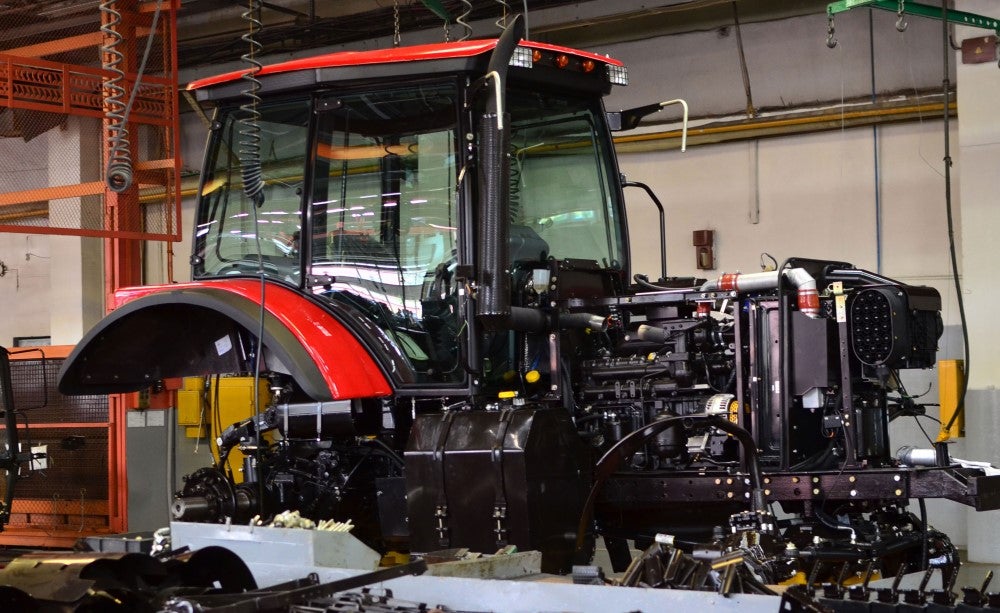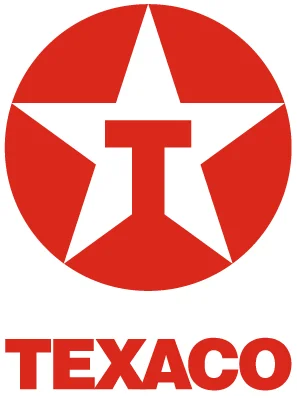
The industry is coming to terms with technologies including Exhaust Gas Recirculation (EGR), Selective Catalytic Reduction (SCR) and Particulate Matter Filters (PMF), in addition to Common-Rail Injection (CRI) and full Electronic Engine Control (ECC). In doing so they are following in the footsteps of the transport industry and are encountering many of the same issues.
Exhaust emissions from Non-Road Mobile Machinery (NRMM) engines have been regulated since 1999, in a staged approach. Regulated exhaust pollutants included carbon monoxide (CO), hydrocarbons (HCs), oxides of nitrogen (NOx) and particulate matter (PM) from the outset.
The agricultural industry is now poised on the brink of NRMM Stage V emissions limits. These include a drastic tightening of particulate output, to ensure highly effective technologies such as wall-flow filters are used. Originally due for introduction in June and December 2020, depending upon engine size, these limits were postponed in response to the Covid crisis.
The delay gave manufacturers a chance to clear stocks of new machinery that would have had to be sold before the original deadline in normal times. Introducing sophisticated emissions control measures to arduous applications such as agriculture and construction has not been problem-free.
Issues such as fuel cleanliness and the differing availability of AdBlue (an additive sprayed into the exhaust to reduce NOx emissions from diesel engines) at remote locations have posed challenges for operators who had previously been used to operating machines that were designed to cope with adverse conditions without restrictions.
Likewise, the old practices of using one oil for all applications in all machines (for instance, the old Tractor Oil Universal which did duty in everything from the hydraulics and brakes to the engine) is not acceptable in modern machines. One reason for this being the need for a Medium or Low Sulphated Ash, Phosphorous, and Sulphur (SAPS) engine oil to help avoid clogging the PMF with ash.
In agriculture, tractors and other machines fitted with PMFs undergo a ‘hot’ active regeneration at regular intervals: 500 operating hours being typical. Additional fuel is injected and burned, either into the engine’s cylinders post-combustion or via an additional injector in the exhaust system.
This entails taking the machine out of service for around 45 minutes, and care must be taken as to where and when the operation is undertaken. A regen in a dry harvest field could have catastrophic consequences, so operators tend to schedule it with a visit to the workshop for an oil service.
An industry source tells us: “The regen schedule is set by the manufacturer, but actual operating conditions can vary widely when compared to the factory test cycle. The machines operate in all kinds of environments, indoors and out, and seasonality also has an influence.
The situation is worse if the machine is on ‘dry hire’…hired out without a driver. “You are out of control of the situation once you have left the machine,” our source continued. “You can explain things all you like, but ultimately you are trusting the hirer to take note of warnings and seek advice. If the machine shuts down because warnings have been ignored, then you are faced with the cost of getting a replacement onto site and removing the first machine for attention.
“Even though the fault may have been caused by operator error on the part of the hirer, recovering the additional cost can cause a bad feeling and may lead to the loss of a customer, so in some cases, you just have to take it on the nose.”
For machine operators in all sectors, the fuel burn required to regenerate filters represents an additional cost. This cost can rise drastically if the wrong engine oils are used: if the exhaust has a particulate filter, then an oil that is not to the required specification (Low or Medium SAPS), can clog the filter prematurely with ash.
This material is untouched by the regenerative process.
The reduced filter capacity initially increases the required frequency of regenerative burns, but ultimately the ash will fill the filter to the extent that it needs to either be removed for specialist cleaning or replaced with a new component.
Texaco Delo 600 ADF with OMNIMAX™, a Chevron Patented Technology, is a heavy-duty engine oil with the capability to drastically reduce soot build-up in diesel PMFs, helping deliver outstanding system protection to both the engine and the emissions system. Read more about how Texaco Delo 600 ADF with OMNIMAX™can help, here.


